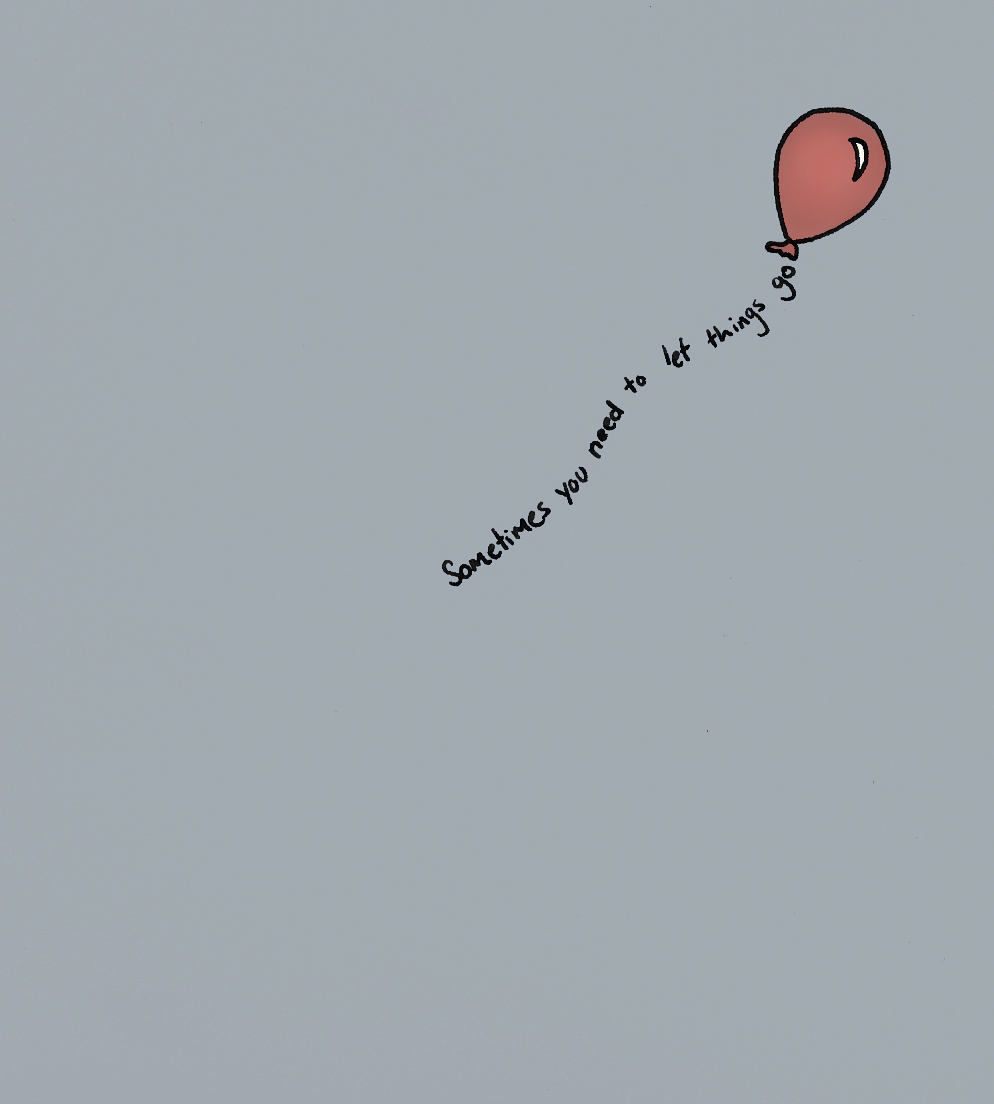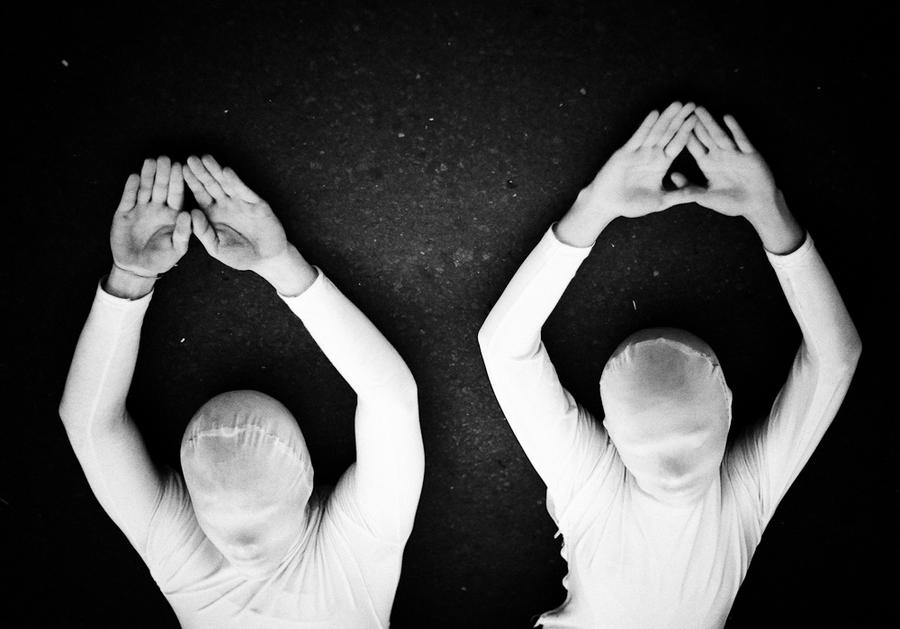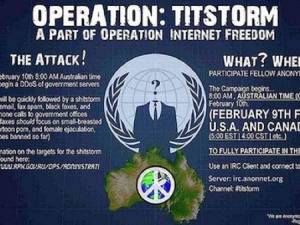Young people are often maligned in our society. Unsure of whether they are contributing adults or dependent children, they fall between the cracks and can often be voiceless in public conversation and debate. Culturally and linguistically diverse groups find themselves in a similar position at times; spoken 'for' rather than asked, 'othered' and objectified in a way by a society that may not fully understand them.
For young, culturally and linguistically diverse women then, the challenge can sometimes seem insurmountable. Not only do they hail from different backgrounds, their age and their gender compound the difficulties that can often prevent them from fully engaging in community and society.
In order to engage young culturally and linguistically diverse women we must first understand that they are not only dealing with the standard societal expectations and pressures of being a young woman, but they are also dealing with often diametrically opposite expectations of their cultural background and community.
This dilemma encapsulates the issues of identity and belonging, as it so often does. Young culturally and linguistically diverse women are currently left to navigate these confusing waters alone, often without guidance, and seem to be expected to do so without fault. This is an unrealistic expectation. These young women should be supported, engaged and empowered to deal with issues of identity and growth. This will enable them to feel like they are part of the community or give them the power to shape their own.
Anecdotal evidence of mismatches between cultural expectations and the anguish that follows is plentiful. For families that migrate from very conservative societies where women are not given the same autonomy as they are in Australia, the idea that this is the norm here is one that is difficult to relate to and sometimes rejected.
This moves beyond the simple and superficial differences that are often highlighted, such as codes of dress. It goes to the root of gender roles and what it means to be a 'good woman' in particular cultures.
For some communities, women’s' involvement in extraneous activities including sports or politics is seen as undesirable. The 'Shinpads and Hijabs' program, which trained young Muslim girls in soccer, is one such example. When the initiative was run at the local Islamic school during school hours, parents were accepting and encouraging. However, when the suggestion was made to broaden the scope of the program and run it after hours, it was no longer an option for many. Furthermore, the final excursion to see the local team at the city's stadium was eventually cancelled as parents were reluctant to let their daughters attend the festivities.
It is quite possible that had these been boys, there would not have been any issue at all.
Examples such as this illustrate the pressures that are placed upon young culturally and linguistically diverse women on a daily basis.
How can we support and empower these young women as a sector to grow and develop as individuals?
Effective engagement with the young women, beginning with families and implemented through schools, is part of the solution.
It is important that any engagement with the young women include their families and communities. Due to the collectivist nature of many culturally and linguistically diverse communities, it is difficult to engage these ladies on an individual basis only and ignore the role their family plays. This collective engagement not only shows respect to cultural norms but also allows for a feedback process that is imperative to improving services.
Engagement through schools is also a natural avenue, as schools provide a platform that is already accepted. Moreover, families are more likely to value education and opportunities provided through educational institutions as opposed to random, unaffiliated programs. The legitimacy that the school structure provides is important, as is the captive audience within a school group. Operating during school hours, as with Shinpads and Hijabs, also allows for engagement programs to be minimally disruptive and more likely to be accepted.
One aspect not to be underestimated in effective engagement is the power of example. Encouraging other culturally and linguistically diverse women to run programs for their younger counterparts and become involved in the process is invaluable. The ability then of the young women – and importantly, their families – to relate to the programmers is enhanced significantly. They are also more likely to accept the program, as it will more obviously align with their own values, a concept which is extremely important.
Lastly, ask. Ask the young women what they want to do, what they want to achieve, and how best they want to do it. Often, as a sector we assume we know the best for particular groups, especially when it comes to dealing with young people. However these young women are smart, dynamic, interested and often have some idea of what they want to do. By asking, not only will their considerations be taken into account but their needs are front and center of the equation and the solution. This focus is imperative and invaluable.
Nothing will happen without some change. This does pose its own difficulties, as families and communities are often reticent to accept or entertain the idea of cultural and ideological change. However, as a sector it is our role to find the best ways of communicating with all of these groups – the young women, their families, schools and communities – in order to provide the best possible solution for all involved and to ensure these young women have their own, authentic voice..
This was initially published in FECCA’s 'Australian Mosaic'.


















